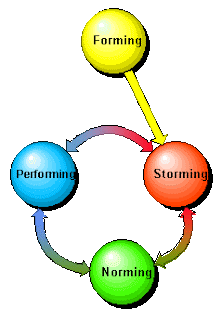 In my life and in my ministry, I often engage individuals and groups in conversation about their hopes and dreams for moving their lives and their communities forward. "Futuring." "Transition." "Completion." "Transformation." Hoping and dreaming can move us to the space of the ideal.
In my life and in my ministry, I often engage individuals and groups in conversation about their hopes and dreams for moving their lives and their communities forward. "Futuring." "Transition." "Completion." "Transformation." Hoping and dreaming can move us to the space of the ideal.- What would my life look like if I was the best I could be?
- What if I had the courage to step out of my comfort zone?
- What is our community called to be?
- What if we accept the truth of where we are, and hear our call in this moment of life?
- What does it mean to live the Gospel in this time and in this space?
These questions call me to go deep in my heart and rediscover the source of my call, rediscover the the foundation of my dreams, rediscover Hope with a capital "H". Looking over my life, through the lights and shadows, I can see the nurturing, sustaining presence of God. I could not have imagined I would be where I am in life today, even just 10 years ago, not to mention 20 or 30 years ago. And my life has been blessed.
God has been with my community as well; perhaps I should say my communities, because I'm part of so many circles of community that support and challenge me.
Lately, in conversations about hopes and dreams, I have heard within my own heart: what am I waiting for? I have heard from those with whom I gather: what are we waiting for? I am hearing this as a movement of the Spirit seeking to move more powerfully in my life and in the lives of those around us. There are signs of movement, signs of readiness, signs of the Advent of God ready to burst forth in a new Incarnation of life, hope and holiness. To all this I say: Yes! Amen! What are we waiting for?
God has been with my community as well; perhaps I should say my communities, because I'm part of so many circles of community that support and challenge me.
Lately, in conversations about hopes and dreams, I have heard within my own heart: what am I waiting for? I have heard from those with whom I gather: what are we waiting for? I am hearing this as a movement of the Spirit seeking to move more powerfully in my life and in the lives of those around us. There are signs of movement, signs of readiness, signs of the Advent of God ready to burst forth in a new Incarnation of life, hope and holiness. To all this I say: Yes! Amen! What are we waiting for?












 We celebrate Pentecost each year as an invitation to all of us to lead spirit-filled lives.
We celebrate Pentecost each year as an invitation to all of us to lead spirit-filled lives.











